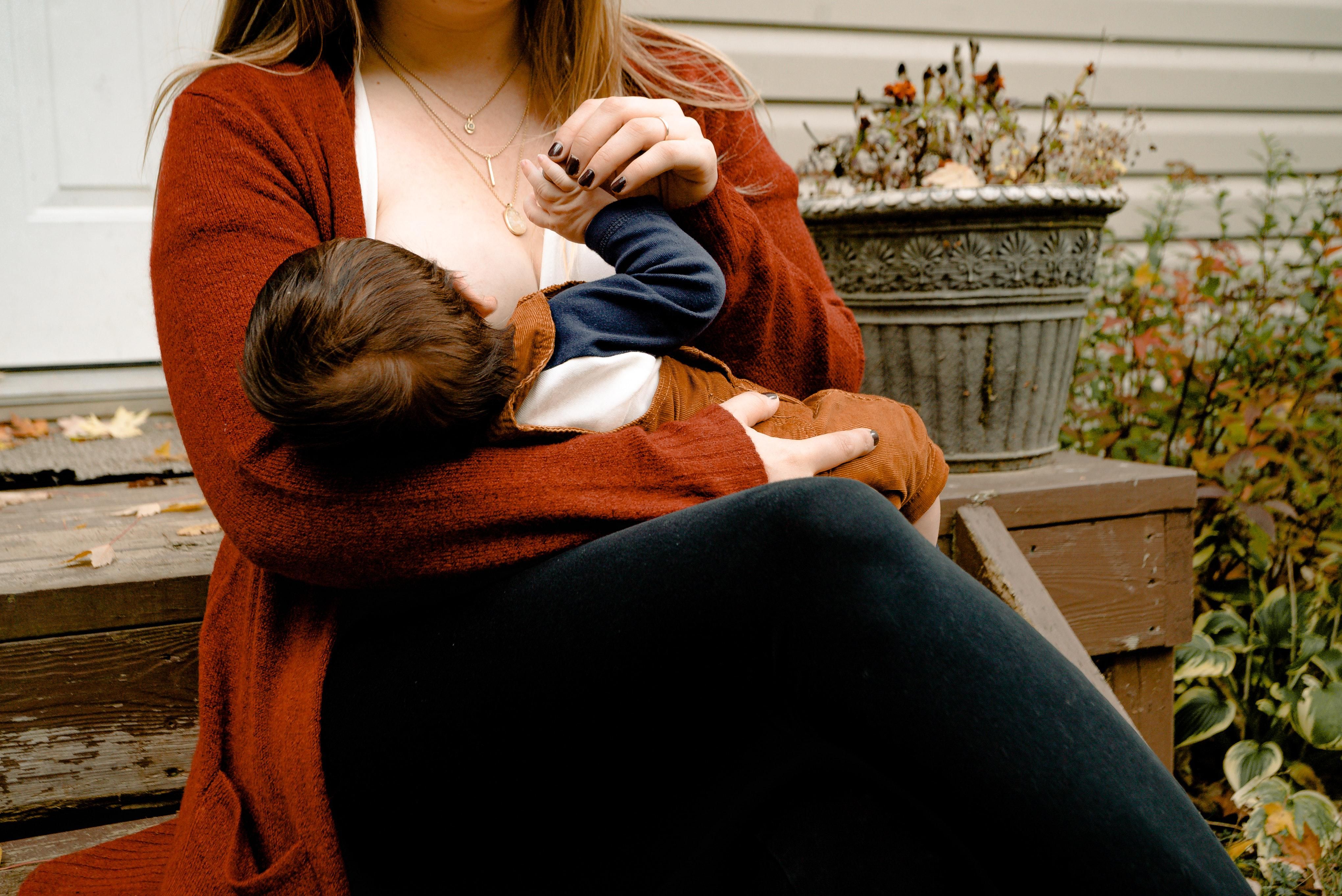Q:
If you have a hysterectomy, is it possible to still produce breast milk?
A:
Definitely. You should have no problem nursing your baby even if you've had your uterus and/or ovaries removed, assuming the hysterectomy occurs after you've given birth (which, obviously, it would have to since you can't carry a baby to term without a uterus). The most important hormones in milk production are prolactin and oxytocin. Prolactin helps maintain your milk supply, while oxytocin controls the let-down response so the milk flows through the glands out the nipple to the baby. Neither of these hormones are related to the uterus or ovaries, so their production should continue after a hysterectomy.
If you have a hysterectomy while breastfeeding, make sure and ask your health care professional when you can resume breastfeeding. You probably want to make sure that all the anesthesia is out of your system before nursing your baby, since many drugs can pass through your breast milk to your baby. So it might be a good idea to express and freeze some breast milk before going into the hospital. If your health care professional wants you to take supplemental estrogen after your hysterectomy (likely if your ovaries were removed), let him or her know that you're breastfeeding, and ask for the lowest dose possible. Estrogen could reduce your milk supply.
Because you may have some postsurgical pain, you should talk to a lactation consultant about the best position for breastfeeding after surgery. Lying the baby on the pillow, or using the "football" hold, may help.
I really commend you for breastfeeding your baby. You probably already know this, but the health benefits of breastfeeding are almost too great to list. They range from a reduced risk of allergies and asthma to improved learning ability. Breastfed babies also get sick less often than babies who are bottle-fed, are less likely to develop diabetes and are less likely to be overweight.


